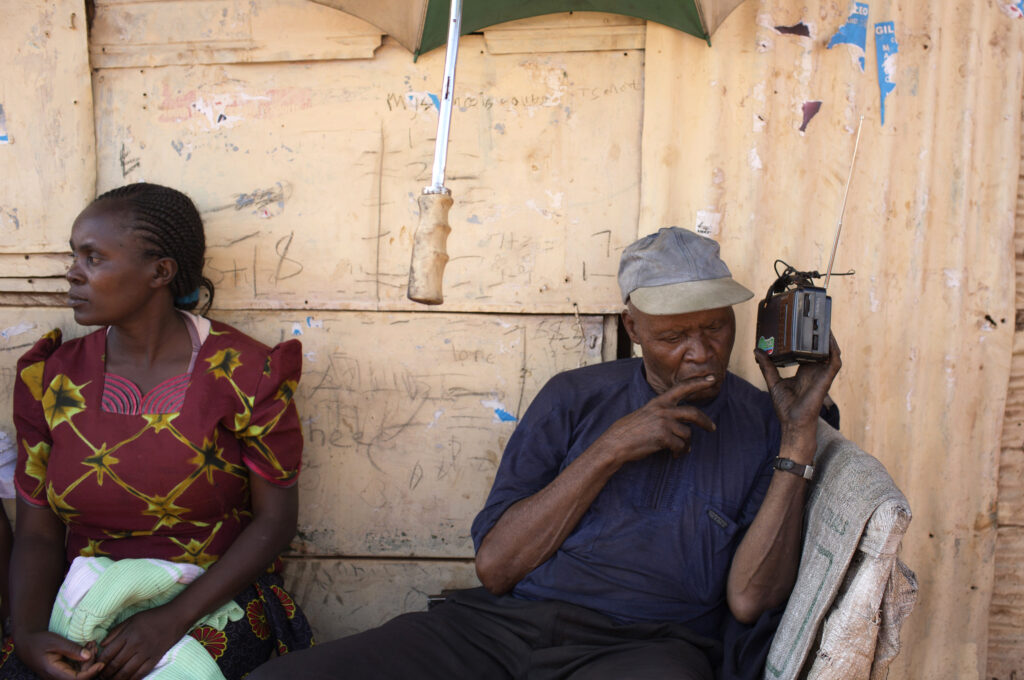
The COVID-19 pandemic has cast an eerie shadow on Kenyan media; there have been cases of police brutality meted out on journalists in the line of duty, an apt example being NTV cameraman Peter Wainana, who was assaulted by the Administration Police as they enforced a curfew. However, the larger and more detrimental effect of the pandemic has been the business disruption that has seen more than 500 journalists lose their jobs as advertising revenues plummeted.
Those who have not been laid off have faced pay cuts; this will indirectly harm the practice of journalism. In Kenya, five of the leading media groups, namely Nation Media Group, Standard Media Group, Radio Africa Group, MediaMax Networks and Royal Media Services enforced pay cuts of about 50 percent amidst shrinking advertising revenues.
The political class is smelling blood and has pounced on the opportunity. The Council of Governors recently called on all county governments to stop advertising with the Nation Media Group after the media house published a story titled ‘Eight governors on graft hit list’. The story shed light on how the Ethics and Anti-Corruption Commission was probing abuse of office and corruption allegations against the eight governors.
The uptake of digital news has been steadily gnawing at the revenues of newspapers in Kenya and the larger East African region, and the COVID-19 pandemic has just put the pedal to the metal.
Credible journalism, especially from print media, has for a long time been the lifeblood of democracy; this is not just the practice of journalism at peril. As journalists are laid off, it is estimated that the government, which remains the biggest advertiser in Kenya, presently owes media organisations USD$3m.
Over the past seven months, media houses have quickly jettisoned outmoded business models through restructuring newsrooms, converging work teams, remodelling their websites and erecting paywalls for premium content.
As media houses innovate during a pandemic, they are up against fierce competition from nimble independent digital publishers that have mastered the agility to produce quality journalistic content without being bogged down by the complex organisational structures used in traditional newsrooms.
Though media houses in Kenya have been making changes, characterised by rebranding exercises and product launches, over the past 10 years, they paid little attention to rapidly-changing consumer preferences driven by seismic technological shifts. They now have to chew gum and walk at the same; they are hastily innovating technologically while dealing with profit dips occasioned by a pandemic.
– Nick Thiong’o, financial journalist, Kenya, Thomson Reuters Foundation Alumnus
More Impact Stories
View All Impact Stories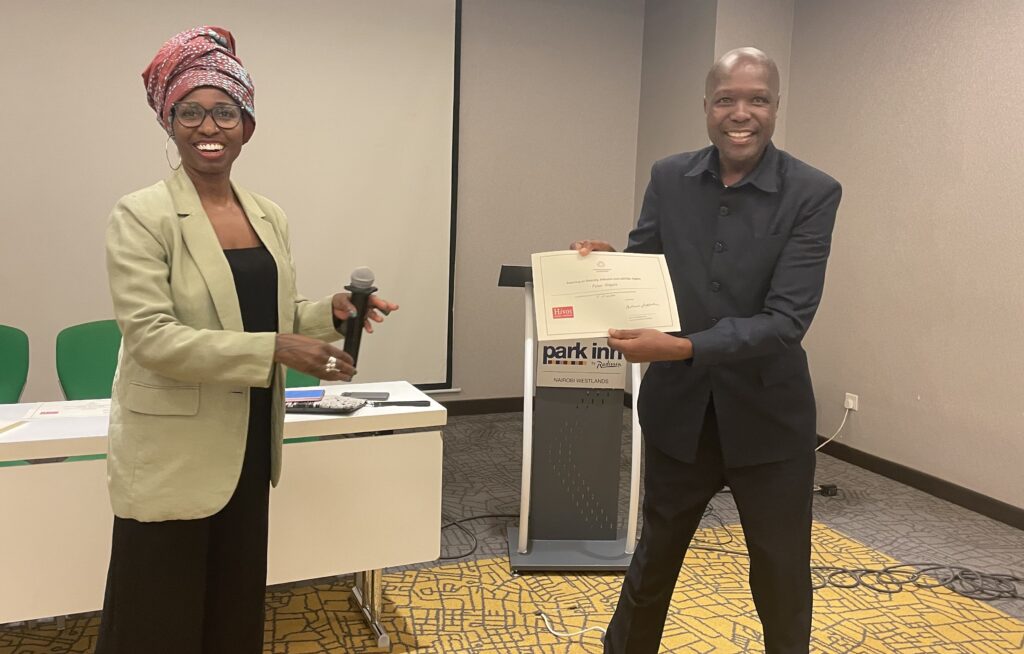
Reporting with empathy: one journalist’s journey to allyship
Discover how training from the…
Read More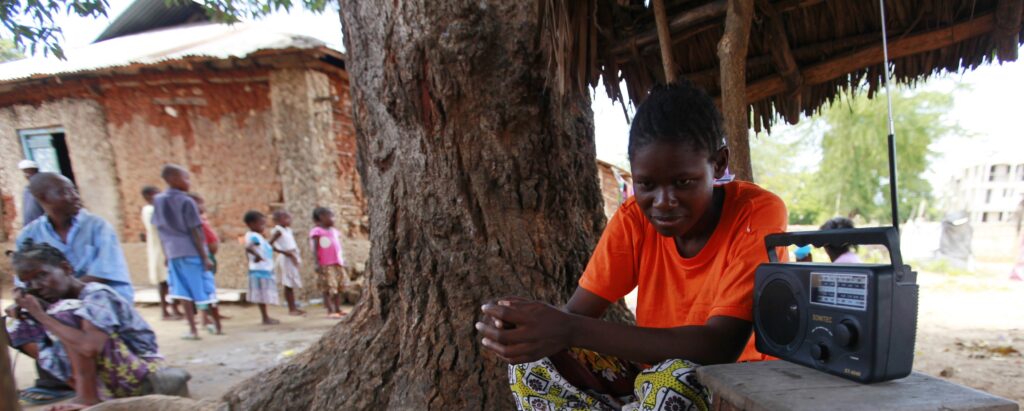
Shielding community journalism: How pro bono legal expertise broke the cycle of self-censorship for one Kenyan radio station
As Kenyan radio station Radio Domus ramped up the content it was putting out on digital platforms to…
Read More
Combatting international corruption: The pro bono research behind the landmark Foreign Extortion Prevention Act
The absence of any U.S. law stopping a foreign official from demanding a bribe from an American…
Read More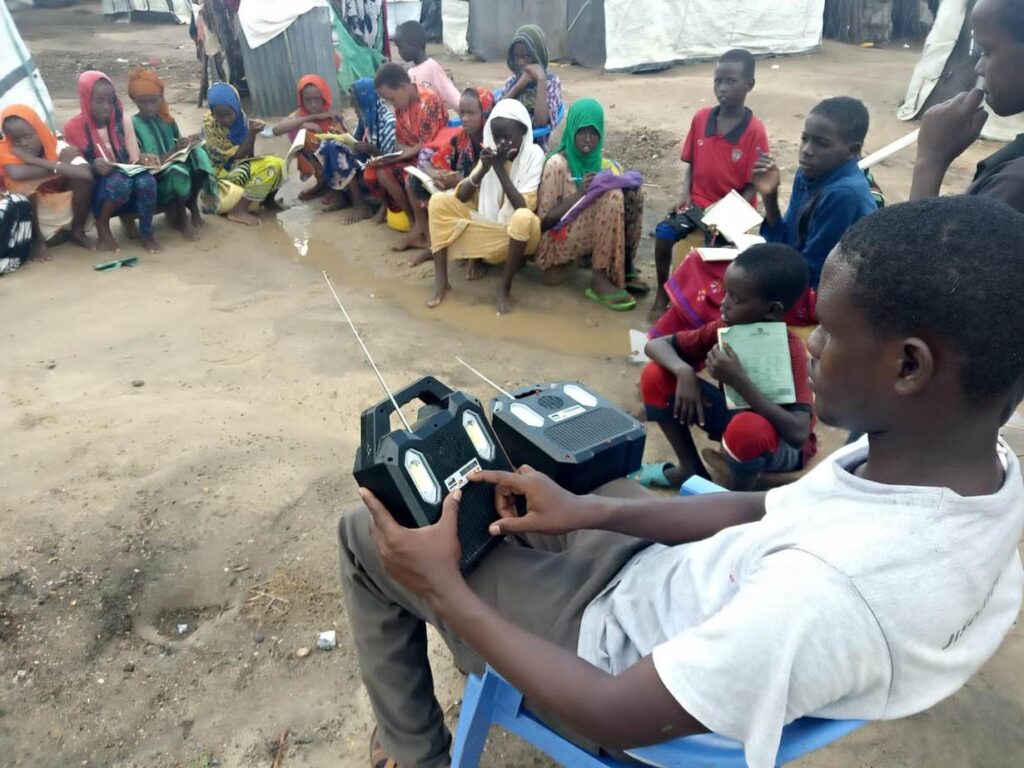
The value of pro bono: Radio Domus
Radio Domus FM is a non-profit youth-centric, 24-hour community radio station in Kajiado…
Read More

Delivering pro bono legal services in France
Participation in pro bono initiatives is on the rise in France,…
Read More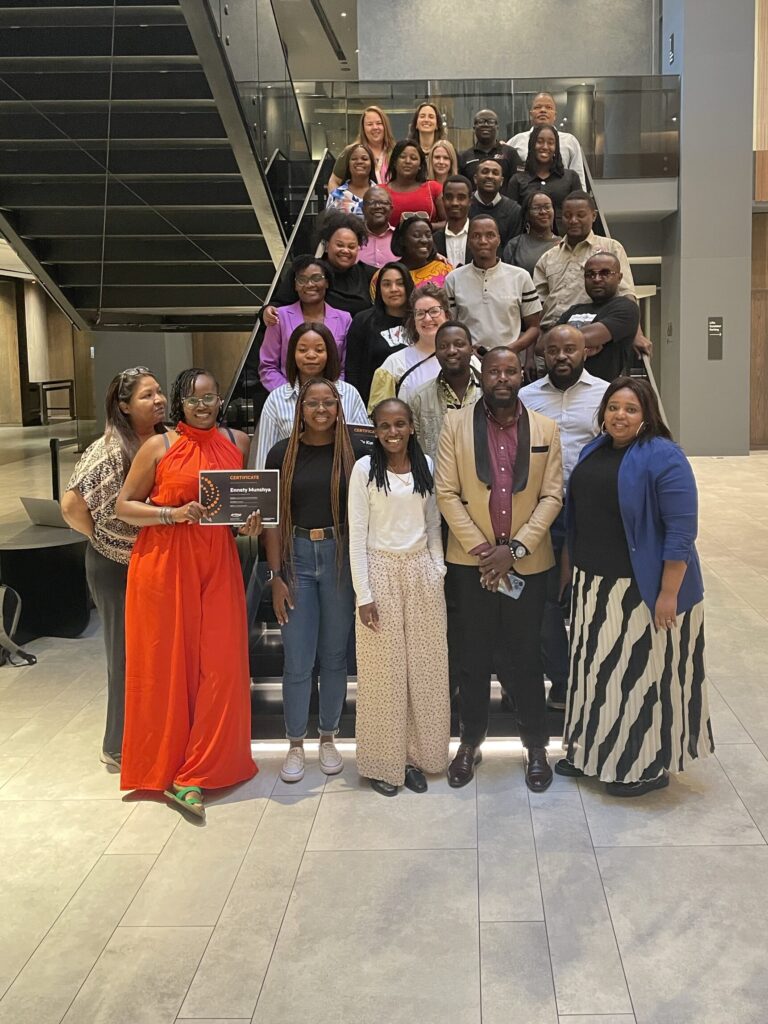

Delivering pro bono legal services in Latin America
New technologies are enhancing pro bono work in Latin…
Read More
Delivering pro bono legal services in the United States
In 2020, White & Case created its Access to Justice…
Read More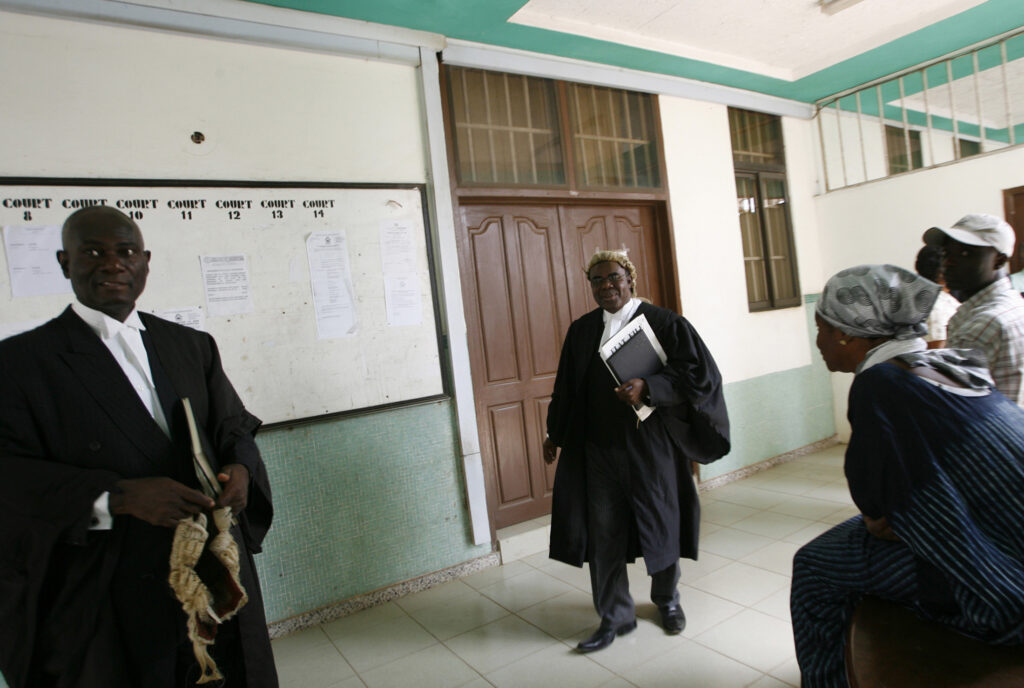
Delivering pro bono legal services in Ghana
The legal community in Ghana is frequently engaged in dialogue about…
Read More

